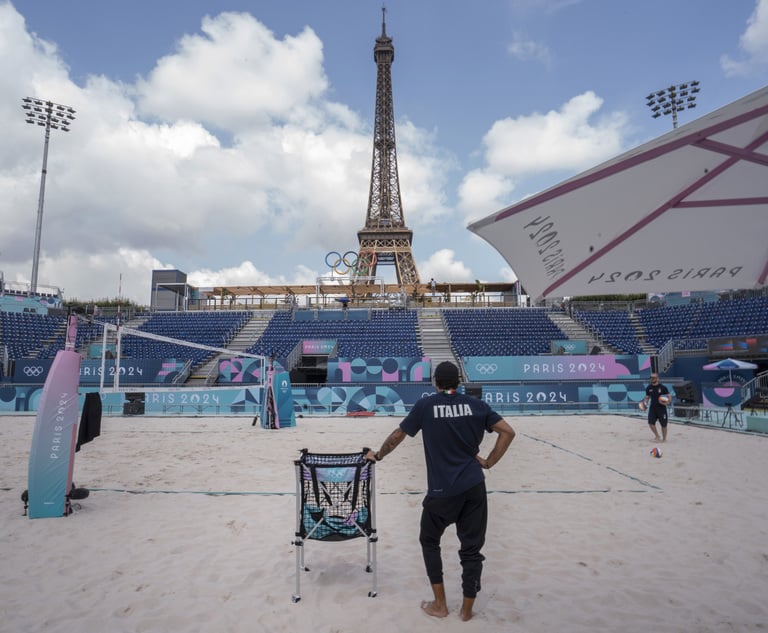On Jan. 10, the U.S. Patent and Trademark Office (USPTO) published guidelines on the enablement requirement under 35 U.S.C. 112(a) in view of the recent hallmark decision by the U.S. Supreme Court, Amgen v. Sanofi, 143 S. Ct. 1243 (2023) (Amgen). The Supreme Court unanimously affirmed the determination that Amgen’s claims covering a genus of monoclonal antibodies were invalid due to a lack of enablement. The asserted claims were directed to potentially millions of antibodies, and the specification only disclosed amino acid sequences for 26 antibodies. The court held that to make and use the claimed antibodies would require an unreasonable amount of experimentation, and thus, the claims were not enabled.
The published guidelines are primarily for USPTO employees to use when determining if claims in a utility patent application are enabled in view of Amgen. According to the guidelines, the USPTO will continue to apply the Wands factors when evaluating whether the amount of experimentation required to enable the claims is reasonable. Following Amgen, there was uncertainty as to the treatment of antibody claims. The guidelines have alleviated some of the uncertainty surrounding how the USPTO examiners will treat antibody claims. This article provides a brief overview of the Amgen decision and USPTO guidelines, and provides some practical guidance on how one might be able to capture a genus of antibodies in light of these recent developments.







